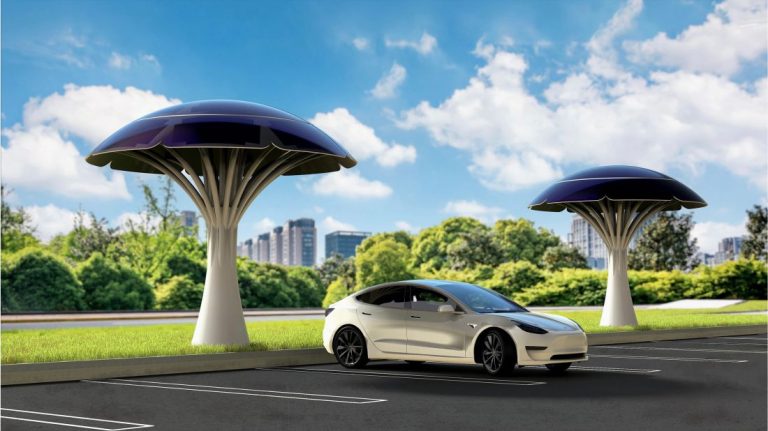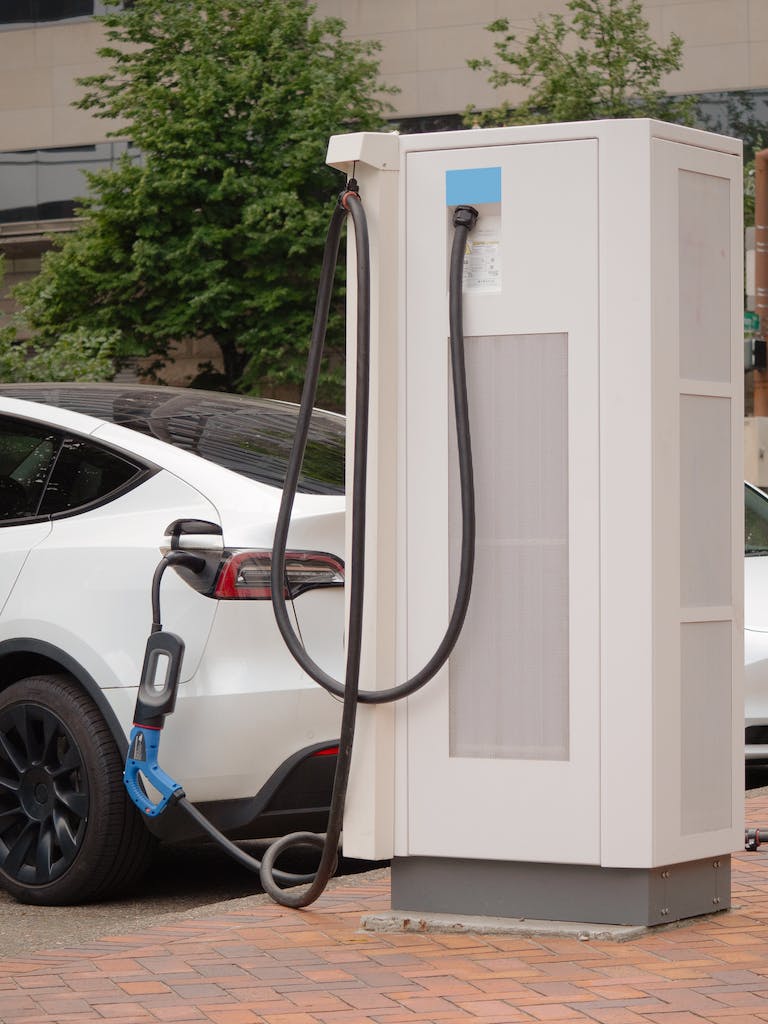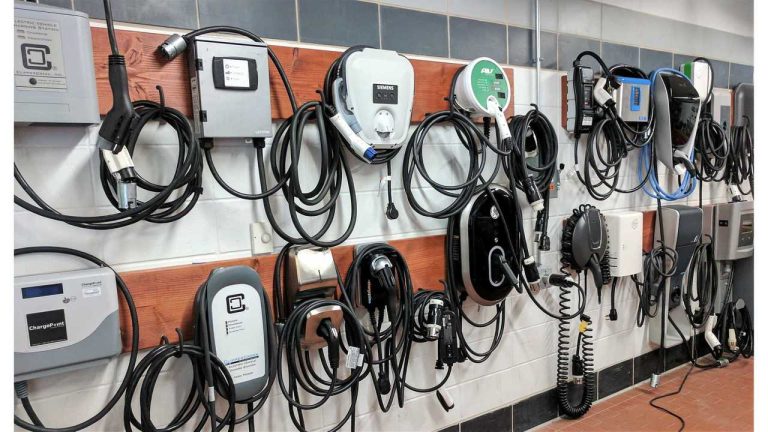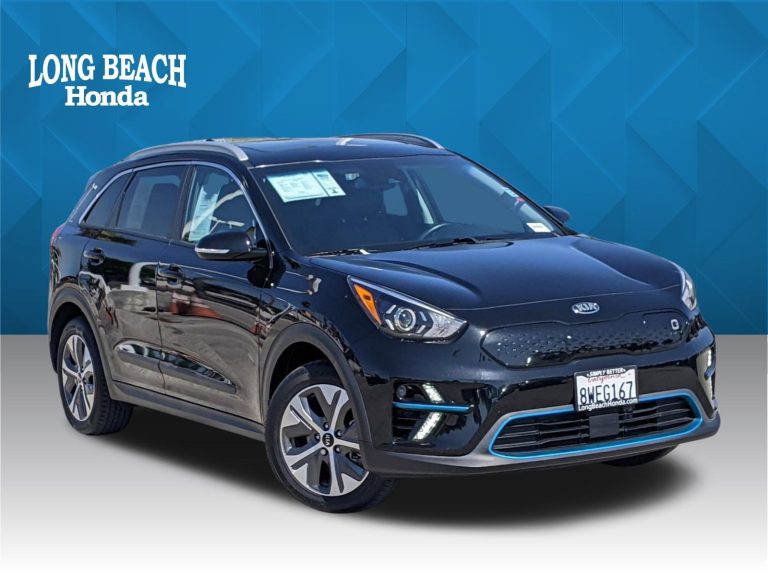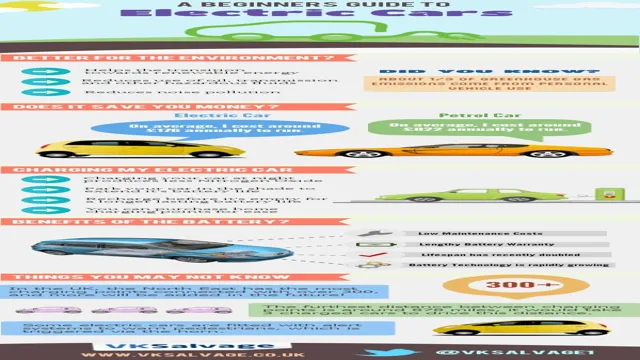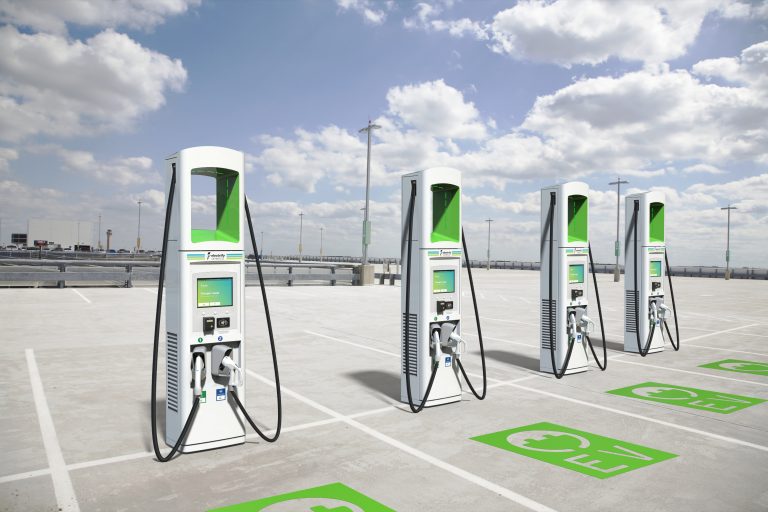Fastest Charging Electric Car : Powering Up in Record Time
As the world shifts towards sustainable and eco-friendly transportation, electric vehicles have taken the automotive industry by storm. The advancements in electric vehicle technology have significantly improved the overall driving experience, making them a popular choice for environmentally conscious consumers. Among the many factors influencing the adoption of electric cars, charging time plays a crucial role. The race to develop the fastest charging electric car has sparked intense competition among manufacturers striving to offer the most efficient and convenient charging solutions.

Credit: www.amazon.com
The Need for Fast Charging
One of the key challenges in promoting electric vehicle adoption has been addressing the concerns related to charging time. Unlike conventional fuel-powered vehicles that can be refueled in a matter of minutes, electric vehicles require charging, which typically takes longer. This inconvenience has been a major deterrent for potential electric car buyers, leading to the demand for faster-charging solutions. Fast charging not only enhances the convenience for drivers but also contributes to the overall viability and practicality of electric vehicles.
Fastest Charging Electric Car Models
Several leading automakers have made substantial strides in developing electric cars with remarkably fast-charging capabilities. Here are some of the top contenders in the race for the fastest charging electric car:
| Electric Car Model | Charging Time |
|---|---|
| Tesla Model 3 | Up to 180 miles of range in 15 minutes with Tesla Supercharger V3 |
| Porsche Taycan | Up to 60 miles of range in 4 minutes with 800-volt architecture |
| Audi e-tron GT | Adding approximately 160 miles of range in around 20 minutes |
| BMW i4 | DC fast charging from 10% to 80% in around 31 minutes |
These cutting-edge electric car models have set new benchmarks for fast charging, paving the way for a more efficient and practical electric driving experience. The continuous innovation in charging technology and battery capabilities is revolutionizing the electric vehicle market and eliminating the traditional barriers associated with long charging times.
Impacts and Benefits
The development of the fastest charging electric car has far-reaching implications for the electric vehicle industry and sustainable transportation as a whole. The benefits of faster charging go beyond convenience and practicality:
- Accelerated Adoption: Fast charging significantly reduces the time required to replenish an electric car’s battery, making it more comparable to the time spent refueling conventional vehicles. This enhanced convenience is likely to drive higher adoption rates of electric vehicles.
- Enhanced Range Confidence: Faster charging, coupled with the increasing range of electric cars, alleviates concerns about range anxiety. Drivers can recharge their vehicles quickly during longer journeys, boosting their confidence in the viability of electric cars for various travel needs.
- Infrastructure Development: The demand for faster charging has spurred investments in charging infrastructure, leading to the proliferation of high-speed charging stations. This expansion contributes to the growth of a robust charging network, further supporting the widespread use of electric vehicles.
- Environmental Impact: By encouraging the adoption of electric vehicles through faster charging, the automotive industry reduces its reliance on fossil fuels, subsequently lowering carbon emissions and mitigating environmental impacts.
The Future of Fast Charging
Looking ahead, the competition for the fastest charging electric car is expected to intensify as automakers strive to push the boundaries of charging technology. The evolution of ultra-fast charging capabilities, potential breakthroughs in battery technology, and the standardization of high-speed charging protocols are anticipated to shape the future of electric vehicle charging.
Furthermore, the integration of renewable energy sources and smart grid technologies into fast charging infrastructure is poised to make electric vehicle charging even more sustainable and eco-friendly. These advancements will not only cater to the growing number of electric car owners but also contribute to a greener and more efficient energy ecosystem.
Conclusion
The pursuit of the fastest charging electric car exemplifies the industry’s commitment to overcoming the challenges associated with electric vehicle adoption. With technological breakthroughs and unwavering innovation driving the development of high-speed charging solutions, electric cars are becoming increasingly competitive with their traditional counterparts.
As the electric vehicle market continues to evolve, the emergence of fast-charging electric cars not only transforms the way we perceive sustainable transportation but also propels us towards a future where eco-friendly mobility is not just a possibility, but a practical reality.

